Bad Days and Good Stories
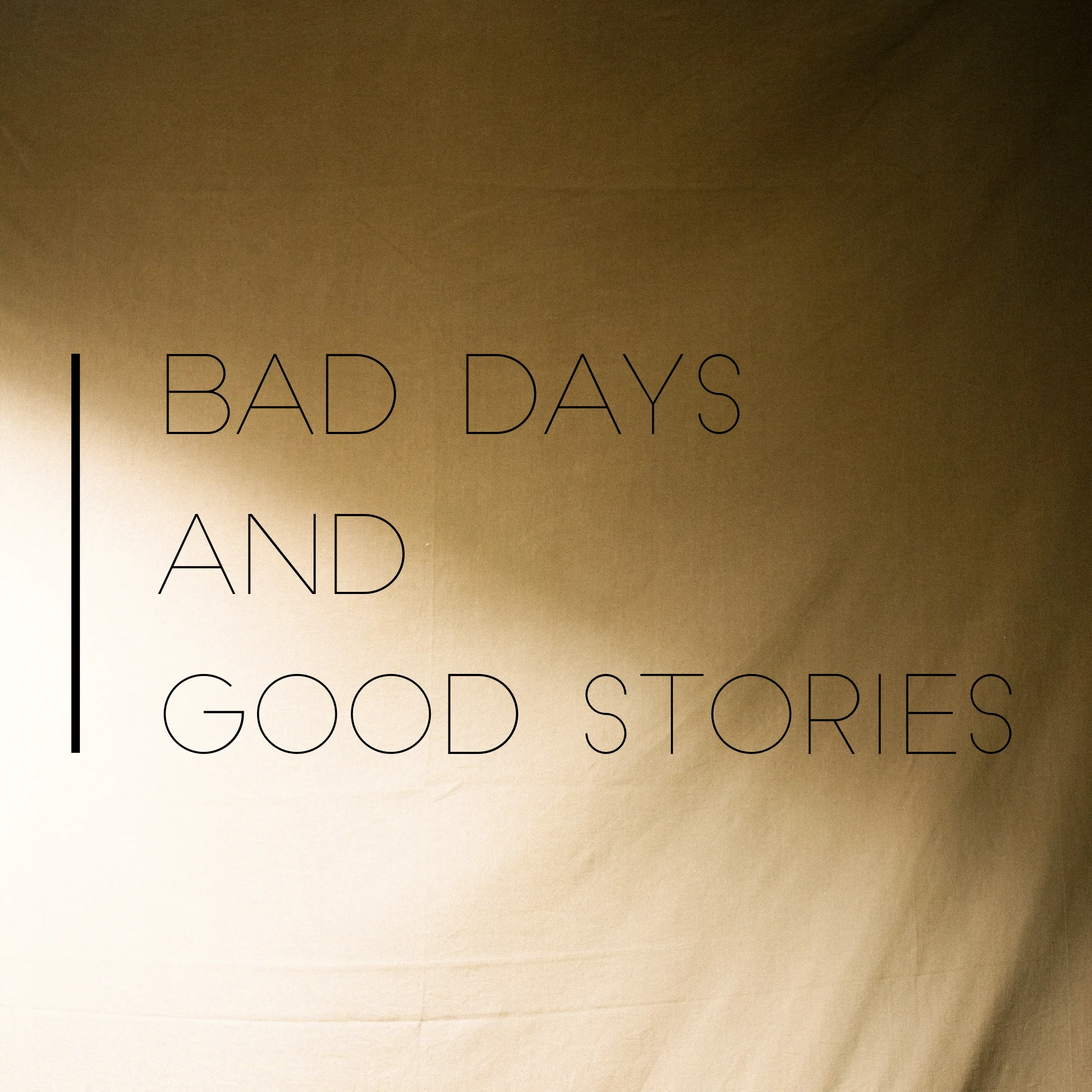
I have this weekly time with my students that we call Wisdom from Mrs. Heyer. I have told them, there are things I need to teach because it’s in the curriculum, but there are things I need to teach because it’s in my heart.
So I made a slideshow of Ten Things You Need to Know When You’re Almost in Fifth Grade.
It starts with this: A hundred bad days make a hundred good stories.
(A song lyric from my guys’ favorite band, AJR.)
I explained to the kids that every bad day becomes a good story someday. If you’ll laugh about it someday, maybe you can laugh about it today.
So, choose the confidence to enter your middle school years with a sense of humor, because it’s just really not as bad as you think.
Your voice cracks during the choir solo?
Good story someday.
Good story someday.
You fart on a date?
Good story someday.
You wreck your dad’s car?
Good story someday.
Someday, you’ll be sitting around somebody’s table, and they’ll say, “So, tell us.”
And you’ll be ready to deliver.
And this boy raised his hand. He just got braces a week ago, and he’s learning how to wrap his lips around them. He said, “But what if the story is never funny?”
What a good question.
“Well, it might not necessarily be a funny story. It would be a good story. Good things aren’t always funny, and they’re not even always fun. But they’re important. For example…”
(I think… do I want to tell them this? I seem to be about to tell them this. Deep breath. And, go.)
“Do you know what a widow is?”
Hands go up.
A boy says, “A widow is a married lady whose husband has died.”
“That’s exactly right. And this might surprise you, but I am a widow.”
Quiet gasps around the room. I can tell they’re thinking, how did she never mention this??
“You guys have met Mr. Heyer, and you’ve met Tucker and Tyler, but Mr. Heyer is not Tucker and Tyler’s first dad. Their first dad died.”
More quiet gasps.
So few people trust children with this kind of information. When you take a child seriously, when you trust them to hold hard things that feel like almost-too-much, they trust you for the rest of their lives. I want them to have the chance to do this well.
So I give them the quickest, most age-appropriate version of this hard story.
I said, “I was so sad for so long, you guys. I was sad for years. And that story will never be funny to me. But it is good. And it is important. And my story is helping other people with their sadness, and it’s helping other people with their stories. The worst day of my life became a good story.”
Another boy raised his hand. “But…. You’re so happy. And you were so sad. How did you ever find joy again?”
“Oooh, another good question.”
Hands shoot up all over the room. They think they’ve got this one.
“She’s happy because she knows she’s smart enough to get though losing the first Mr. Heyer.”
(I am charmed that they think it is my name that stayed the same.)
“That’s a great guess, but being joyful isn’t about being smart.”
“Oh! Oh! I know! She’s happy because she has Mr. Heyer now.”
“Well, that does make me happy. But it doesn’t cancel out the other part of the story. People don’t replace people, and Mr. Heyer didn’t replace Mr. Williford.”
“I think she’s happy because she has good kids. Like Tucker and Tyler. And like us.”
“That’s true – I do love my sons, and I love my students. I love you differently than I love them, and you do make me happy. Yes. But there’s another reason that doesn’t have anything to do with anybody but me.
“Here’s how I found my joy: I let myself feel anything I was feeling.
“There were times when I thought, ‘Why am I laughing right now? My husband just died.’ But instead of stopping the laughing, I let myself laugh – because it’s what my heart wanted to feel.
“And even now, there are times when I think, ‘Why am I sad today? My husband died thirteen years ago, and I have a new husband and a great family and a job that I love and a class that I am crazy about. What is there to be sad about?’
But instead of stopping the sadness, I let myself be sad, because it’s what my heart wants to feel sometimes.
And the thing about feelings is that they don’t last forever. There’s another coming right after the one you’re feeling right now. So you can trust your heart to tell you what it wants to feel, and then the feelings can come and go because you learned how to let them come and go.
“One day, I didn’t cry. And then, a few weeks later, I had two days in a row when I didn’t cry. And then, one time, there were three days. And the days started to string together, a few days when I didn’t cry. I started to have days when I laughed more than cried, and now I have mostly happy days with some sadness sprinkled in. But the trick was in letting the day be what it wanted to be, and letting my heart feel what it wanted to feel.”
“Does it still hurt, Mrs. Heyer?”
“Sometimes. Think about if you fell down and cut your arm open, and it’s bleeding so bad that you have to go to the hospital. And there are a lot of doctors involved, and a lot of medicines, and they stitch you back together, but they tell you to be so careful with your arm, because it could easily tear open again.”
They’re with me. They love gore.
I said, “Well, after a long while, they take the stitches out, but you still have to be careful with it. And then, after more time, you can do more things because it doesn’t hurt all the time, and then you realize you can touch it without it hurting at all. But. You still have to be careful with it, because you can remember when it hurt so much. And you have to make sure you’re wearing sleeves when you go outside, because that skin is different from the rest of your body, which can handle the hot and cold. And if somebody pinches you there, or pokes you there, it can hurt again. It doesn’t bleed anymore, but you never forget what it felt like when it hurt so much, even the wind mad you cry.
“That’s what it feels like now. I can live my life and do anything, but it’s a scar on my heart. And it can hurt if somebody isn’t careful with it. Including me.”
“So, Mrs. Heyer, you’re saying that a person with a sad story doesn’t have to become a mean person?”
“I am absolutely saying that.”
“Because we never knew this about you. You’re kind to us.”
“I sure try to be. Would it help anybody in the world if I was so sad that I became mean forever?”
We shake our heads in agreement, my class and me.
They say, “So, we can think of you if something bad happens to us? We can think of you, and remember how you did the sad thing and the hard thing, and you’re still kind because you found your joy.”
“That would be the greatest thing in all the world, if my story could give you courage for your story. It would never make my story funny, but it would help to make my story good.
“And – AND – if something bad happens to you, you find me, no matter how old you are. And I will help you in every way I can, even if that only means I will listen with my whole self. Because remember that other piece of wisdom we talked about – sometimes, something is so sad and so terrible, and we wish we could change it. But all we can do is listen completely.”
With twenty-eight pairs of eyes on me, one of them says, “Listening is helping.”
Tricia Lott Williford

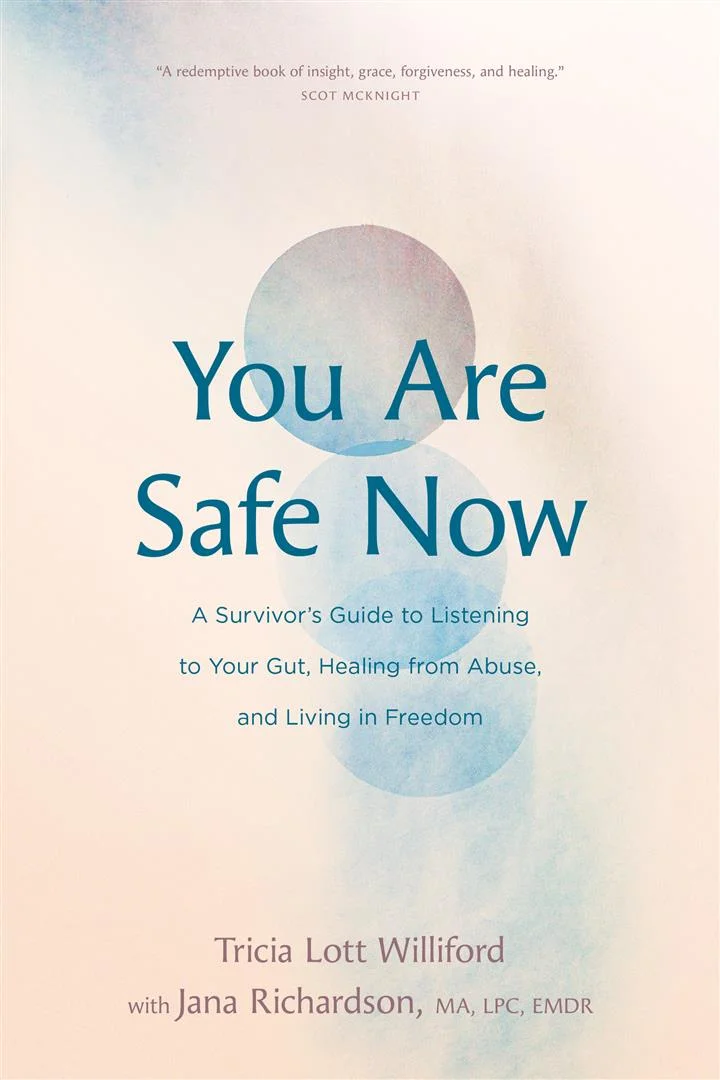
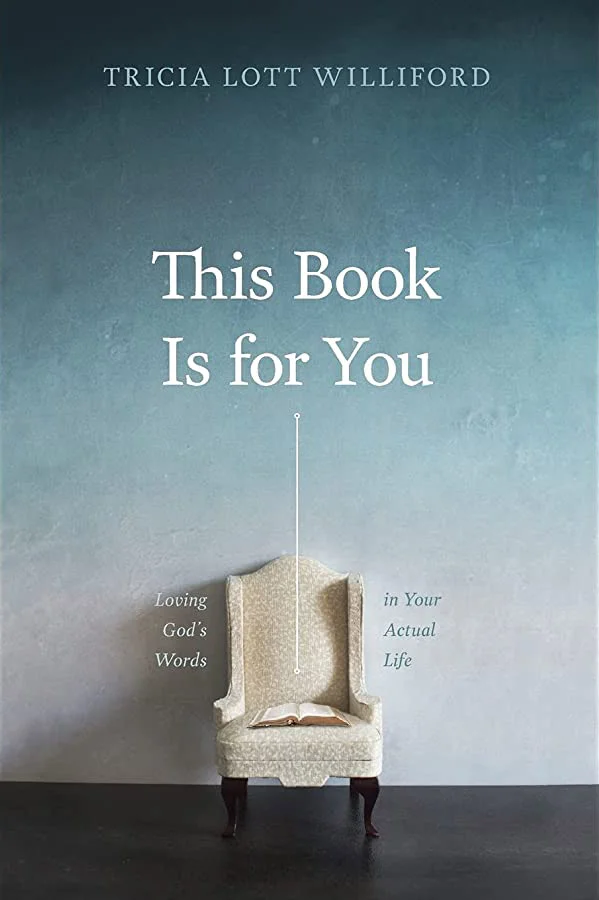
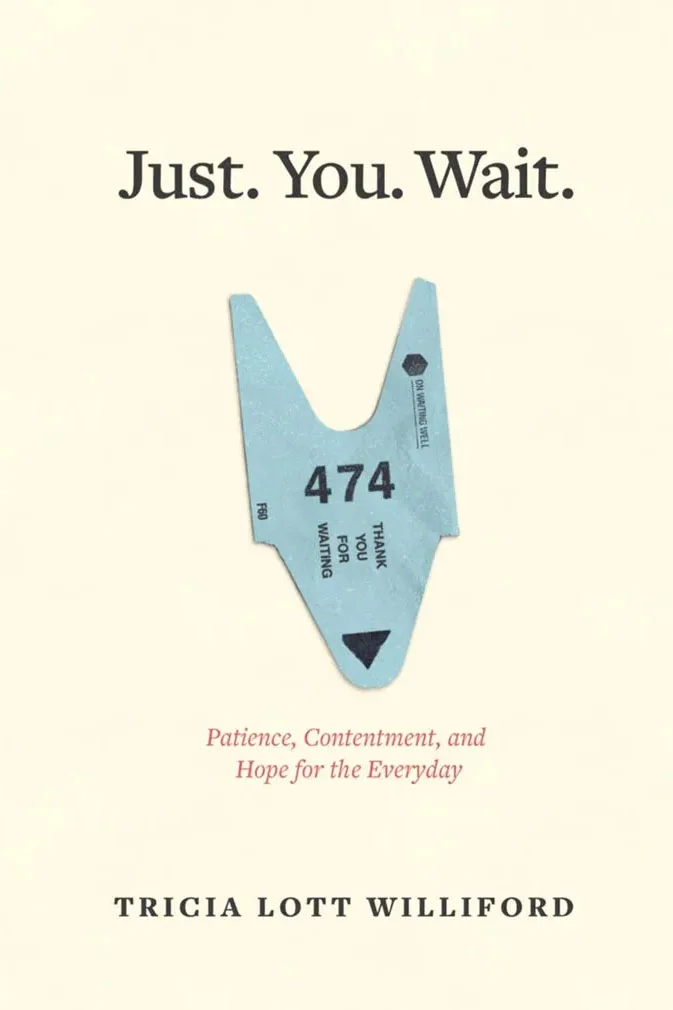
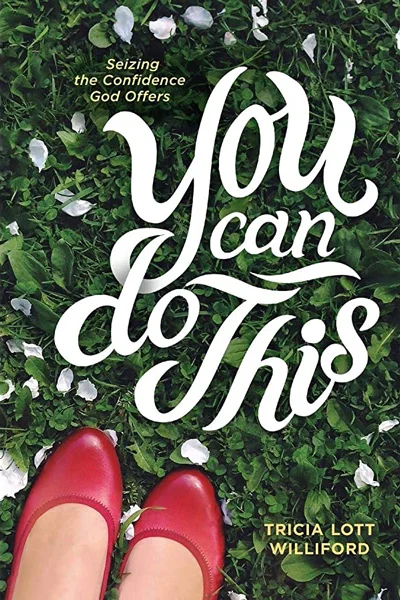
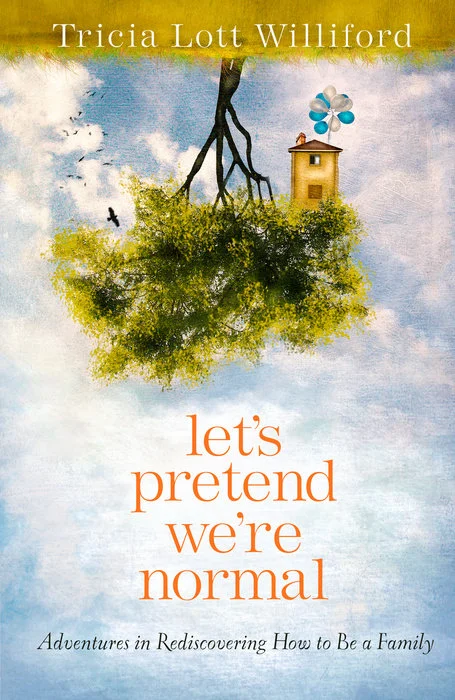
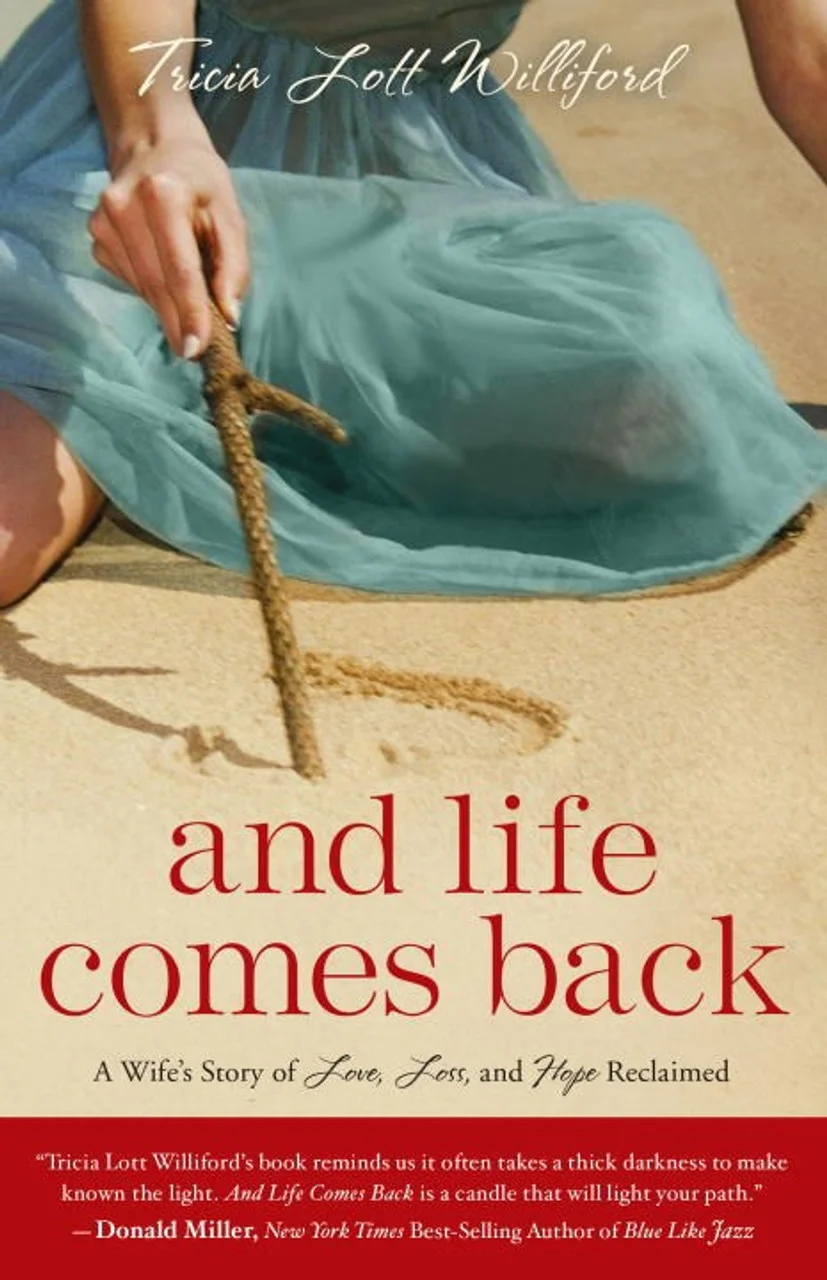

Erica Quitzon says:
My brother suggested I might like this blog He was totally right This post actually made my day You can not imagine simply how much time I had spent for this info Thanks
Sally M. Chetwynd says:
This is a lovely take on ways to make sense of “bad” events and situations and use them to grow one’s soul. I was so impressed that today I shared some of it with the elderly lady I transport to and from one of her weekly appointments. She was impressed, too, with your insight, and with your understanding of what 4th Graders are capable of comprehending. Given age-appropriate context, children are much more discerning than most of us give them credit for.